Parliament committee calls for police training, justice system reform
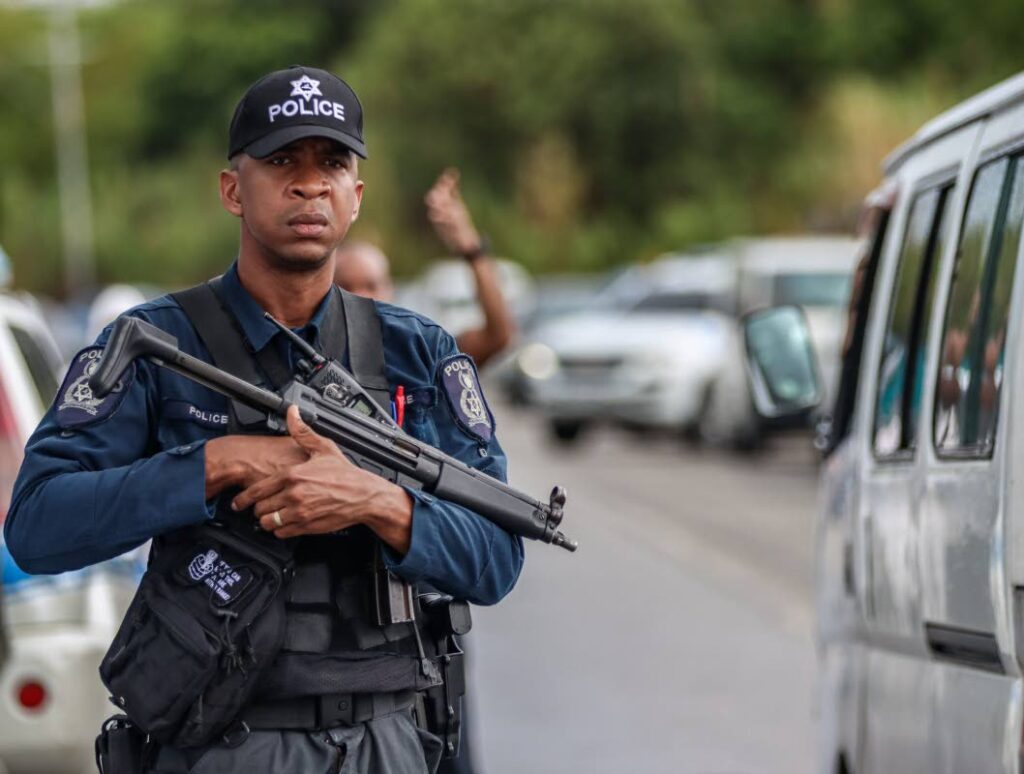
AS a two-pronged approach against crime, it is high time for all hands on deck to tackle the root causes of crime and improve the criminal justice system.
This from a recent report by Parliament’s Joint Select Committee (JSC) on National Security headed by Keith Scotland.
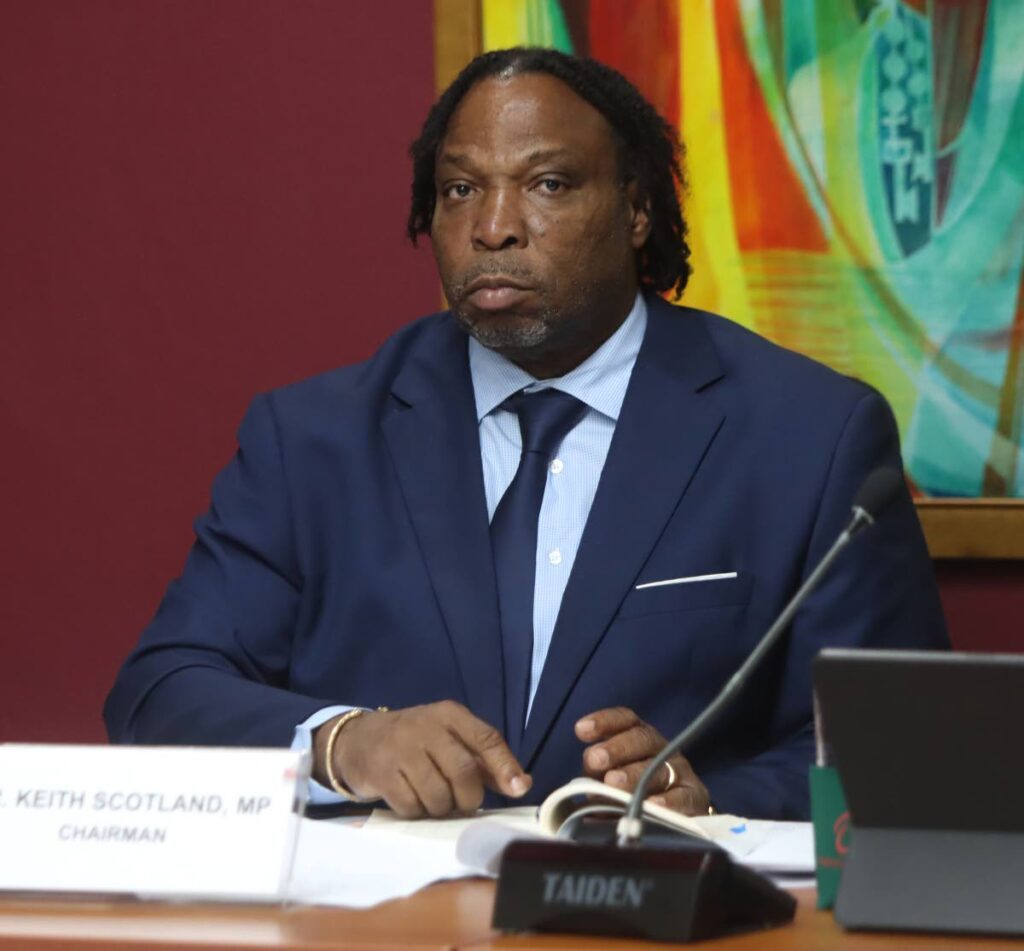
The report said it was a daunting task to reform the criminal justice system, but was required to save it.
“It is long-term, beyond the term of individual political or employment offices. It may require unpopular decisions. It will have temporary setbacks.
“It will require strong leaders.
“However, to leave it unchanged is to diminish the power of the rule of law and increase the opportunity for human rights abuses and vigilante justice - a de-legitimised system.”
The report said the system needed a stimulus.
“A system can only change when the culture and its people accept responsibility for improvement.”
MORE COLLABORATION NEEDED
The committee said the criminal justice system must begin to function as a system, not a collection of organisations operating beside each other.
“Transformative change – change that fundamentally alters the outcomes for people – can only happen as a collective effort.”
For change to work, it must be understood, agreed on and measurable, the report said.
“If we conduct focused and co-ordinated efforts on crime-processing, engage the community in addressing the socioeconomic roots of crime, and we hold all relevant entities accountable, then citizens will act with confidence in their rights and criminal cases will be handled by all justice sector organisations effectively and efficiently which will increase public confidence, system legitimacy, the rule of law and the application of human rights.”
The report again said this would be a “significant undertaking.”
“This is a long-term effort and involves institutional and societal changes to culture, process, legislation, engagement and technology.”
The report called for a committee to help align agencies of the criminal justice system made of key people.
“Key champions should be individuals in the organisations who have demonstrated commitment to transformation, sufficient authority to represent their organisation, and a positive reputation in the justice sector community.”
Police, prosecutors and defence counsel should be trained in laws to expedite cases, namely laws in indictable proceedings, judge-alone trials and plea discussions. Saying police often select overly high levels of charge for suspects, the report said that can cause lengthy remand and should be avoided.
The report urged more use of electronic tagging in place of remand and said charged suspects should be given more access to retraining, anger management and community service.
POLICE NEED TRAINING
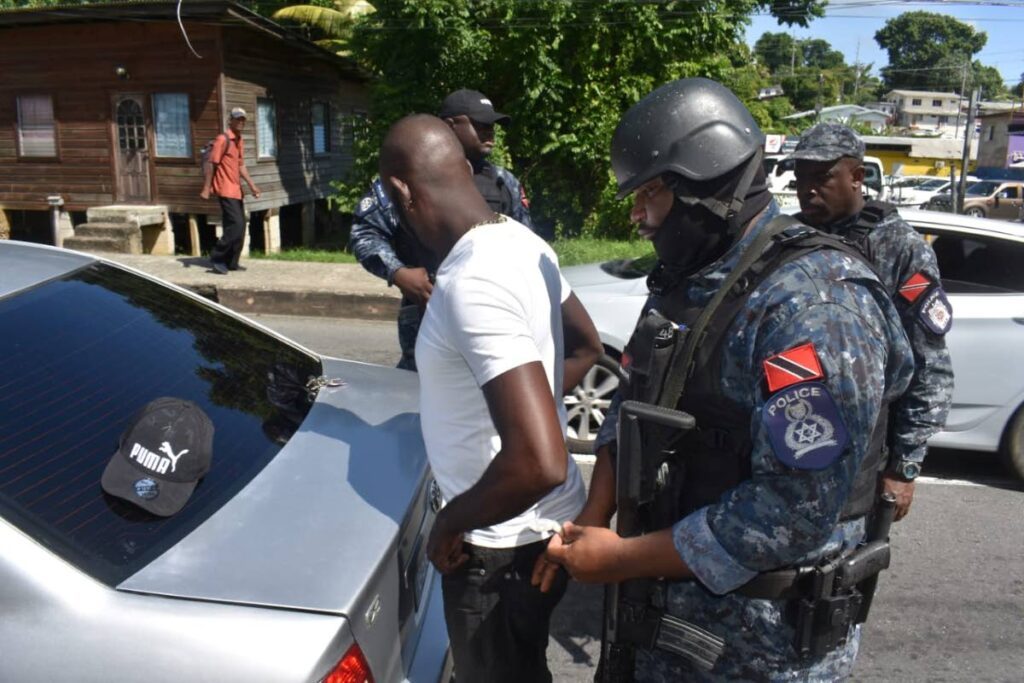
The report said statistics showed police investigations of complex crimes were insufficient.
“The committee recommends the introduction of expert skills, including investigation techniques (note-taking and other evidence documentation, interview techniques, gathering physical evidence, use of surveillance.)
“While police are in possession of some technology such as body cameras and all police have basic tools including notebooks, they do not regularly and consistently use them.” The police need more investment in tools, plus more training in the use of technology and equipment maintenance.
“The police service must also undertake a system of enforcement of expectations that officers will follow required protocols with respect to tools for evidence gathering. Breaches, misuse or failure to follow standard protocols ought to result in disciplinary procedures.”
DEPRIVATION AND CRIME
The report said the UN said crime prevention and boosting criminal justice were closely linked to economic and social development.
“Such socioeconomic disparities include, but are not limited to, educational attainment, occupational status and dysfunctional families.
“These disparities do, in fact, perpetuate criminality, not aided by the prevalence of law enforcement officials using ‘poverty’, ‘homelessness’ or ‘disadvantage’ as indicators of criminality.”
The report said in TT that these indicators of criminality were married to crime ‘hotspots’.
“These hotspots should present an opportunity for increased social attention but frequently instead experience only increased police attention.
“The criminal justice system can be viewed as ‘downstream’ or a reactive arm when other social safety nets (education, economy, health) fail.”
YOUNGSTERS AND CRIME
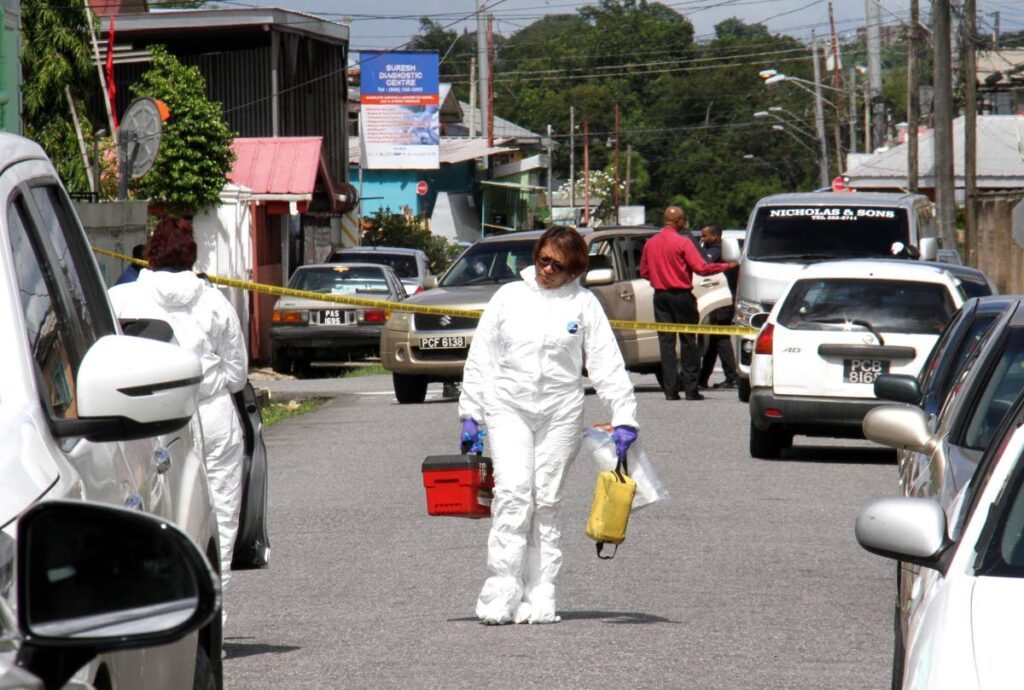
The government must address societal realities, including vulnerable groups such as young men, children and youth.
“The criminal justice system encounters young men at an alarmingly disproportionate rate.
“The 2013 ‘No Time to Quit’ report identified that young men face culturally-based gendered expectations about their role in relation to society and family that conflicts with the ‘lack of male role models in the home, the inadequate system of education that caters to different gender needs of boys, the growing underperformance of boys in the education system, the unrealistic cultural definitions and expectations of masculinity, the lack of opportunities available to young men for legal employment and the inability of the criminal justice system to cope with the magnitude of this problem.”
The committee heard about the vulnerability of youth, particularly in hotspot areas and in families in which the father or other male figure was involved in crime.
“This particular situation can lead to a vicious cycle where the absence of much-needed support influences a child negatively.”
They often become easy targets to be recruited by gangs and engage in criminal activity and may ultimately start their own families and perpetuate the cycle when they themselves are caught in the system.
“The committee also heard evidence that neither the social system nor the criminal justice system are sufficiently equipping vulnerable children to move past the criminal justice system.”
Children do not have the tools to handle conflict, the report said.
Criminal justice system agencies must lead in crime prevention strategies via a wider dialogue and community engagement.
CRIME AS A HEALTH CRISIS
The report recalled Caricom’s crime symposium last April, ‘Violence as a Public Health Issue.
“Areas identified included domestic violence and economic inequalities as the driver of crime and violence, education and youth and mental health, among others.
“No specific policy or action has been taken yet in Trinidad and Tobago as a result of this symposium, but the introduction of the dialogue is an important step.”
The report suggested the path forward.
“Increasingly, countries around the globe are reconceiving crime as the downstream outcome of socioeconomic realities.
“Well-planned crime prevention strategies not only prevent crime and victimisation but also promote community safety.
“Multiple submissions received by the Committee have spoken to the importance of embracing community-based solutions to foster a culture of lawfulness, challenge the social norms that lead to violence, and cultivate a collective responsibility to make society a stable environment for all to enjoy.”
ROOTS OF CRIME
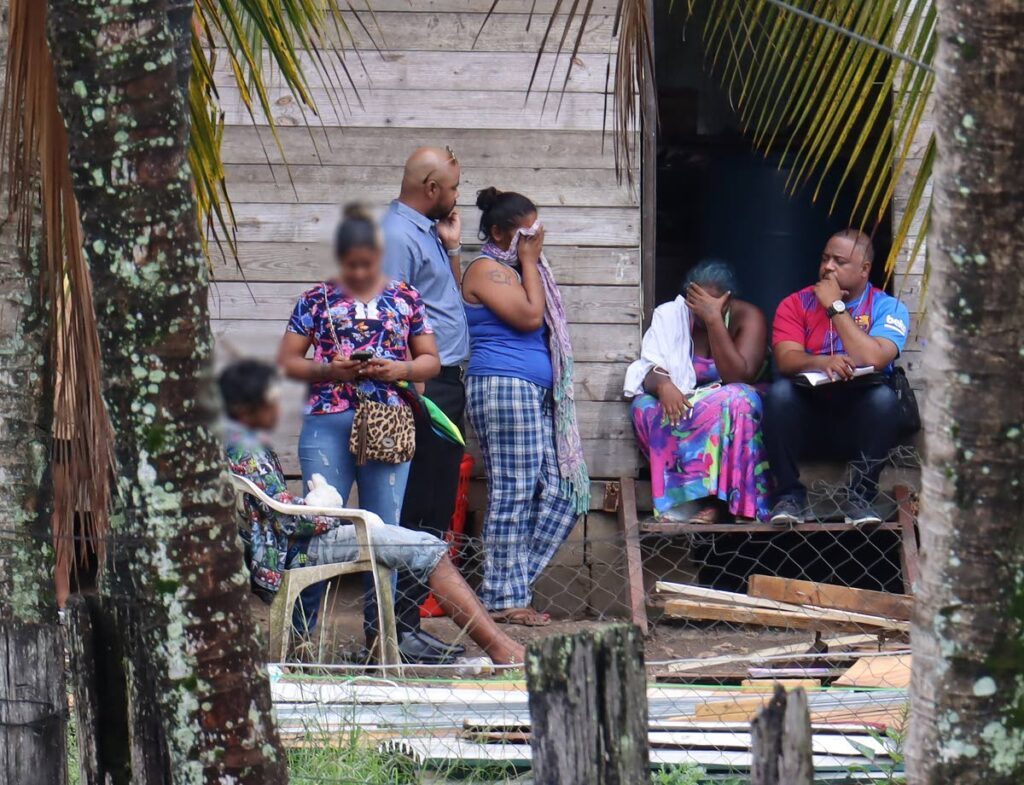
The report called for the creation of a Roots of Crime Working Group.
“Conceptualising crime as a product of socioeconomic factors is a critical element to social healing.
“A Roots of Crime Working Group should extend beyond traditional justice system actors to include health, social services, family care, both in the government and civil society.”
The group should support violence prevention programmes, address risk factors and social determinants of violence, and identify survivors/victims of violence and provide them with sufficient health services.
The group should be comprised of representatives from the criminal justice system, government agencies including health and social services, local governments, businesses, labour, and NGOs.
“Introduce increased positive police presence in hotspot areas as a means of increasing the positive dialogue between police and community members.
“As a pilot, this should include the development of community police relationship committees and selected activities designed to increase positive communications and engagement between police and vulnerable groups.”
“Develop educational programming for young people in hotspot areas.
“The justice system organisations should partner with educators and social service workers to deliver crime prevention education and programming for young people in hotspot areas, including increasing resilience, avoiding gangs, and conflict management.”
To reduce recidivism (repeat offending), the report urged all convicted and remanded inmates to be helped to access education, skills training, family visits, mental health help and employment upon release.
To boost accountability within the system, the JSC urged input by a Citizen Brigade into the Criminal Justice and Roots of Crime Working Groups.
The brigade would seek inputs into the working groups and help guide the oversight by the Ministry of National Security.
“The Committee recommends that the Citizen Brigade include membership of those with lived experience with the justice system and that the first deliverable of the brigade be to review the recommendations of this report and provide input into the implementation.”
The report urged a long-term plan.
“The work of transforming TT’s criminal justice system requires a long-term vision and plan.
“The collaborative development of this plan, with particular emphasis on implementation, is critical and urgent work.”
The committee urged entities in the justice system to align their transformational efforts despite their separation of powers.
“Culture change will also require long-term efforts - to work with the public to increase knowledge and understanding of the justice system, to build positive resilience in youth and in vulnerable communities, to shift the justice philosophy sufficiently to allow rehabilitative efforts to succeed, and to build back public confidence in the system.
“These efforts should have equal priority to the technology, process, training and policy changes in the long-term plan.”
Submissions by justice system actors (minus the Office of the Attorney General) suggested myriad opportunities for legislative amendments to enhance crime processing, the report said.
The report alleged internal problems in the police service and DPP’s Office. It urged the implementation of the JSC’s proposal on the Police Manpower Audit Report towards “a new structure of governance and oversight for the police service inclusive of a Police Inspectorate” and urged autonomy for the DPP’s Office in its finances and human resources. The report hoped for participation by the Attorney General’s Office in the JSC’s recommendations.

Comments
"Parliament committee calls for police training, justice system reform"